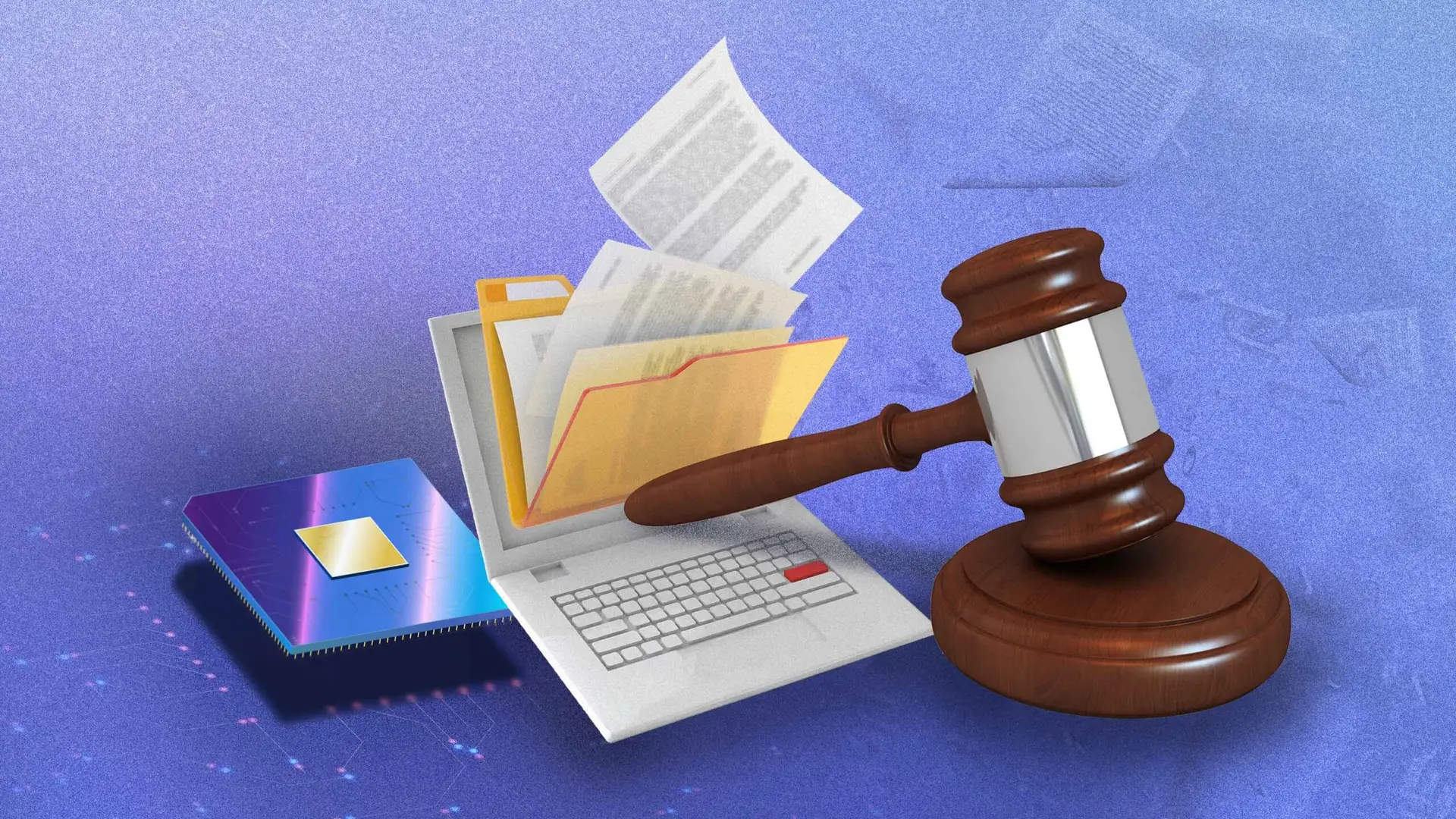South Koreans could face up to 18 years in prison for leaking crucial national technologies abroad, following a new set of guidelines established by the Supreme Court, set to take effect in July.
On Tuesday, the Sentencing Commission announced the finalization of amendments to sentencing guidelines concerning technology theft. These revisions were made during a plenary session on March 25 and will be applicable to complaints filed after July 1. Affiliated with the Supreme Court, the commission initiated a review of the guidelines in June of the previous year and prepared a draft of the revised guidelines last January.
In line with the draft proposals, the commission has decided to implement new guidelines for crimes related to the leaking of national core technologies to foreign entities. Individuals found guilty of appropriating core technologies and transferring them overseas could face up to 18 years in prison. A total of 75 technologies have been identified as national core technologies, recognized for their significant impact on national security and the economy. These include technologies integral to the semiconductor, display, automotive, and shipbuilding industries.
The commission also approved an increase in the maximum prison sentences for individuals charged with stealing industrial technologies. Under the revised guidelines, courts can now recommend up to 9 years of imprisonment for those who leak trade secrets within the country. For those transferring these technologies beyond national borders, the punishment is more severe, with the guidelines allowing courts to impose sentences of up to 15 years. Previously, the recommended sentences were up to 6 years and 9 years in prison, respectively, for these offenses. Furthermore, the new guideline removes the consideration of a defendant’s lack of prior criminal history as a significant factor in deciding whether to suspend the sentence.
The adjustments are in response to technology theft becoming a significant threat to national security in South Korea. Last year, South Korean police uncovered 21 cases of alleged theft of trade secrets and their exportation abroad, marking the highest rate of such incidents since 2013. Of these 21 cases, two involved national core technology. Between 2018 and 2022, the National Intelligence Service (NIS) identified 93 cases of technology theft, including 33 that involved the nation’s core technology, with the estimated damage totaling approximately 25 trillion won ($19 billion).
As the threat of technology theft escalated, both government agencies and the Federation of Korean Industries―a powerful business organization―called for more stringent sentencing guidelines, arguing that the existing legal measures were insufficient to deter criminal activity. The Korean Intellectual Property Office, in collaboration with the Supreme Prosecutor’s Office, submitted a proposal to the top court for amending the guidelines. According to their data, from 2019 to 2022, only 10.6% of those charged with industrial technology theft received prison sentences. In 2022, defendants found guilty of transferring trade secrets abroad were sentenced to an average of 14.9 months in jail.


